Hey guys, today I'm picking up right where I left off in my post about third-person point of view. If you didn't read that post and are just here to learn how to pick the right viewpoint character for a scene, no worries. I'll backtrack a bit. Last time I ended on writing in third-person limited, multiple viewpoints. I mentioned that right now a lot of people feel like you should only switch viewpoint characters between chapters (this goes for writing in first-person too). And others believe you should alternate chapters or cycle through viewpoints like this:
Chapter 1 (Jessica's Viewpoint)
Chapter 2 (Todd's Viewpoint)
Chapter 3 (Henry's Viewpoint)
Chapter 4 (Jessica's Viewpoint)
Chapter 5 (Todd's Viewpoint)
Chapter 6 (Henry's Viewpoint)
Or
Chapter 1 (Jessica's Viewpoint)
Chapter 2 (Jessica's Viewpoint)
Chapter 3 (Todd's Viewpoint)
Chapter 4 (Todd's Viewpoint)
Chapter 5 (Henry's Viewpoint)
Chapter 6 (Henry's Viewpoint)
Chapter 7 (Jessica's Viewpoint)
Chapter 8 (Jessica's Viewpoint)
In writing books, I've read that if you don't cycle through your viewpoint characters like this, people will think it's a mistake and that you've simply messed up.
In my personal opinion, that's dumb.
Not the technique of cycling through, but that outlook on it.
I really believe that the story should come first. Period. When you have to cycle through your characters in a way that's that particular, you have to structure your whole story that way. For some stories that works fine. But for others . . . I don't believe the quality of the plot should be weakened to accommodate a viewpoint pattern. You could be bending over backward, limiting your story's potential, just to follow this (in my opinion, unnecessary) "rule." You might be doing the plot and characters a disservice by trying to follow a specific viewpoint pattern. There are much better, more important ways to pick your viewpoint character, than simply because it's "their turn."
Furthermore, to me, following a solid pattern like that makes the story feel more fabricated, more fake, than letting the needs of the story and the characters guide you to the right viewpoint character.
Again, does this work for some stories? Yes. Is it the best choice for some stories? Yes. And that's fine. If you've written a story this way, cool. I've read a lot of stories that cycle through like this. It in no way keeps me from reading them. It's just my personal opinion that some people make alternating viewpoints evenly a much higher priority than it should be.
But I think it's far more important to pick the current viewpoint character of a scene by asking yourself these questions:
- What are the needs of the plot? If plot point A needs to happen next, but it can only be done by Todd, then have Todd be the viewpoint character.
- Which of your viewpoint characters has the most active role in the scene? There is a good chance that character should be the current viewpoint character.
- Which of your viewpoint characters experiences the most pain (physical or mental) in the scene? This question comes from Orson Scott Card. Often the character in the most pain creates the strongest viewpoint, but, for me, I revamped the idea into the next question.
- Which of your viewpoint characters experiences the strongest feelings in the scene? The scene will likely be more powerful from their viewpoint.
- What tone do you want for this scene? One character might find one situation funny while another finds it traumatic. You might want to pick the viewpoint character that is most likely to give you the tone you want.
- Which of your viewpoint characters can add the most interesting context to the scene? Does Jessica know something Henry doesn't? And can that add a layer of complexity to the scene, if told from Jessica's view? Which viewpoint character has the most interesting outlooks on life for this scene? Your viewpoint character should add a layer to the scene that is telling or intriguing. Which character has the most significant layer to add? Do you need to use Jessica because she will notice something that Henry wouldn't?
Every single one of these questions, to me, are far more important than asking, "Whose turn is it to be the viewpoint character?"
I just feel like you can write a more significant and more powerful story by choosing your current viewpoint character by these questions and that having a "rule" that you have to rotate limits the opportunity to explore the story's significance and complexity.
With all that said, if your editor or boss or whoever says you have to rotate, you might have to rotate. That's just the way it is.
And to be fair, there is a reason for the rotation method. It keeps readers (and authors) from forgetting a viewpoint character. None of the viewpoint characters gets "left out." It also keeps all the characters involved and allows the reader to grow close to them evenly. But personally, I still think you can accomplish all that without a rotation.
Instead consider the questions in this post. Viewpoint is more than just picking a person. Good use of viewpoint changes how the story is told, and sometimes the story itself.
Next week I'll talk about point of view penetration--how distant or deep you can get into your character's point of view, particularly in third-person, but I'll also go into how it applies to first-person.







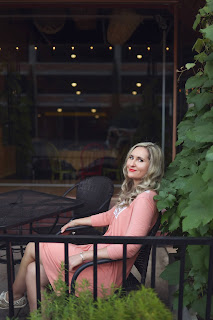
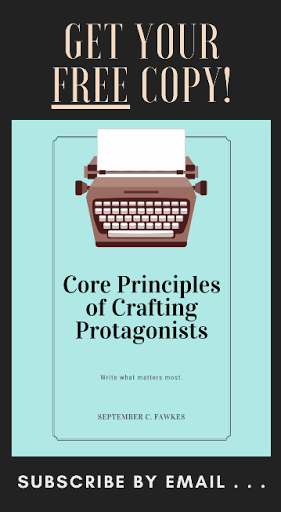
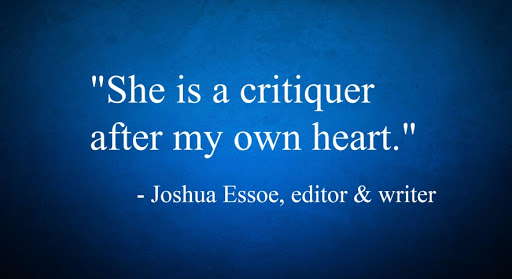

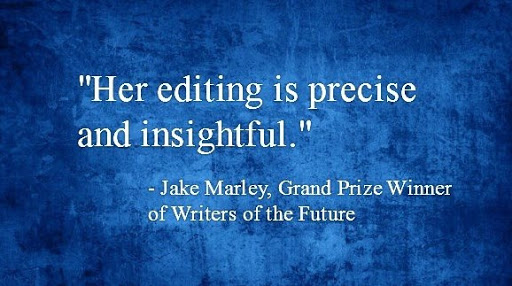

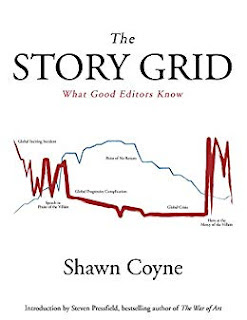




I agree with you that the story should take priority and the view points should be there to help the story.
ReplyDeleteI am reading The Fifth Season by N.K. Jemisin and she does a great thing with the point of view. It really made me appreciate her style of writing.
Great article!